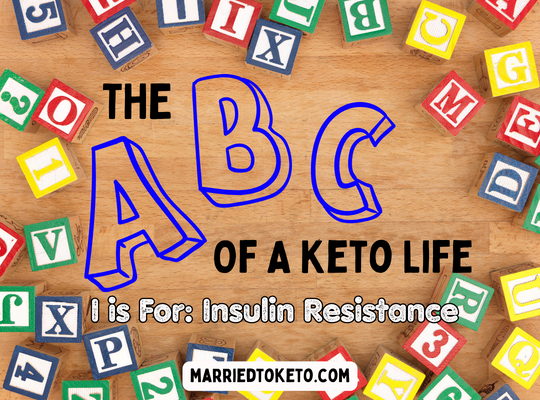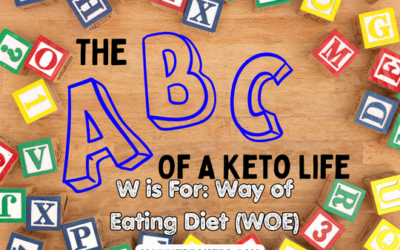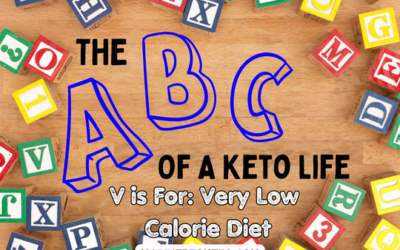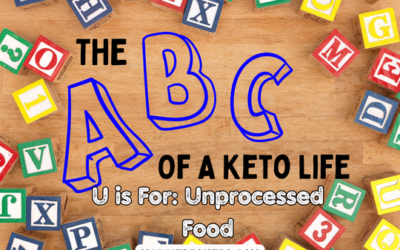What’s the first thing we learn as children? Our ABC’s. So, we thought it would be a fun idea to do the ABC’s of keto! This blog series looks at some of the main ideas and the not-so-main ideas of keto as we work our way through the alphabet. The next one in our series is: I is for insulin.
What Is Insulin?
The process of creating insulin is a little magical. Your body breaks down food (particularly carbohydrates) into glucose. This is what your body uses for energy if you aren’t in ketosis. When the glucose enters your bloodstream, that signals your pancreas that it needs to produce insulin. The insulin helps the glucose go from the blood into your muscle, fat and liver cells for your body to use for energy or store for later. The glucose enters your cells, the level in your blood decreases and your pancreas then stops producing insulin.
Where It Goes Wrong
Our bodies are works of mechanical genius that operate seamlessly…until they don’t. Sometimes that’s a natural blip in the mechanism. Other times we sabotage it. When we eat more than we can use, insulin just keeps pumping until our poor little pancreas can’t keep up. That’s when our blood sugars remain high and doctors diagnosis us with insulin resistance, prediabetes, or type 2 diabetes.
When we eat more than we can use, insulin helps us store the food as fat. The idea is that someday when we run out of food, we can live off the fat for a while. But, we have constant access to food now, so that never happens. We just keep storing, which makes us bigger and bigger.
Insulin Resistance
Insulin resistance occurs when your cells don’t react well to insulin so the glucose has a hard time entering them. Because the glucose is staying in your bloodstream, your pancreas keeps making insulin. Over time, your blood sugars are high because it just stays in your blood instead of entering the cells.
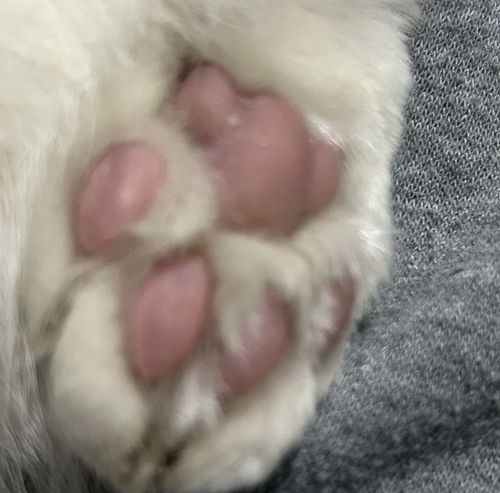
Obesity is one of the main risk factors of insulin resistance and type 2 diabetes. An inactive lifestyle and high carb diet can lead to this risk factor. Some risk factors are not things we can help, such as having a family history of diabetes, being over the age of 45, and ethnicity. People of African, Latino, and Indigenous descent are more likely to develop insulin resistance and type 2 diabetes. Smoking is another risk factor, as is sleep apnea.
Diagnosing Insulin Issues
Usually, your doctor will give you a blood test to test your sugars after fasting for at least 12 hours. From those tests, you will find out what’s happening and how you can fix it. People often go to the doctor when they have increased thirst, increased hunger, and frequent urination. If the symptoms are further along, you’ll have headaches, blurred vision, skin infections, and your cuts or sores will take a long time to heal. If that’s happening, you need to go to a doctor sooner rather than later.
Insulin and Keto
Keto can help with inconsistent insulin production because you are no longer burning glucose as your primary energy source. This means there is no need for your pancreas to produce a lot of insulin. You’ll always produce a little, but it isn’t such an important part of your food cycle. Really, it’s like giving it a vacation whereas eating tons of carbs is working it to death.
Some people would rather take medication and even insulin shots rather than change their diets. True, keto isn’t studied in the long term a lot, so I’m not going to say they’re wrong. But, Bill and I are comfortable with doing keto for as long as we eat. So far, it’s controlling his hyperinsulinism without drugs, so we are believers!
Wendy

